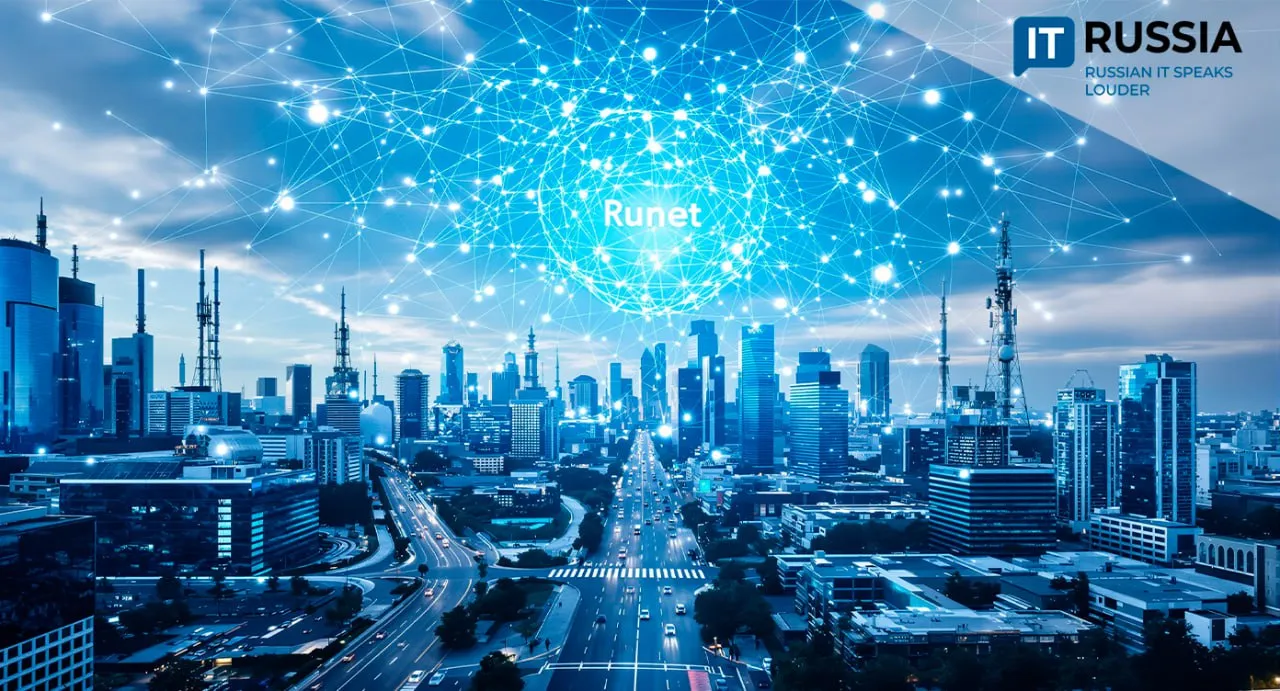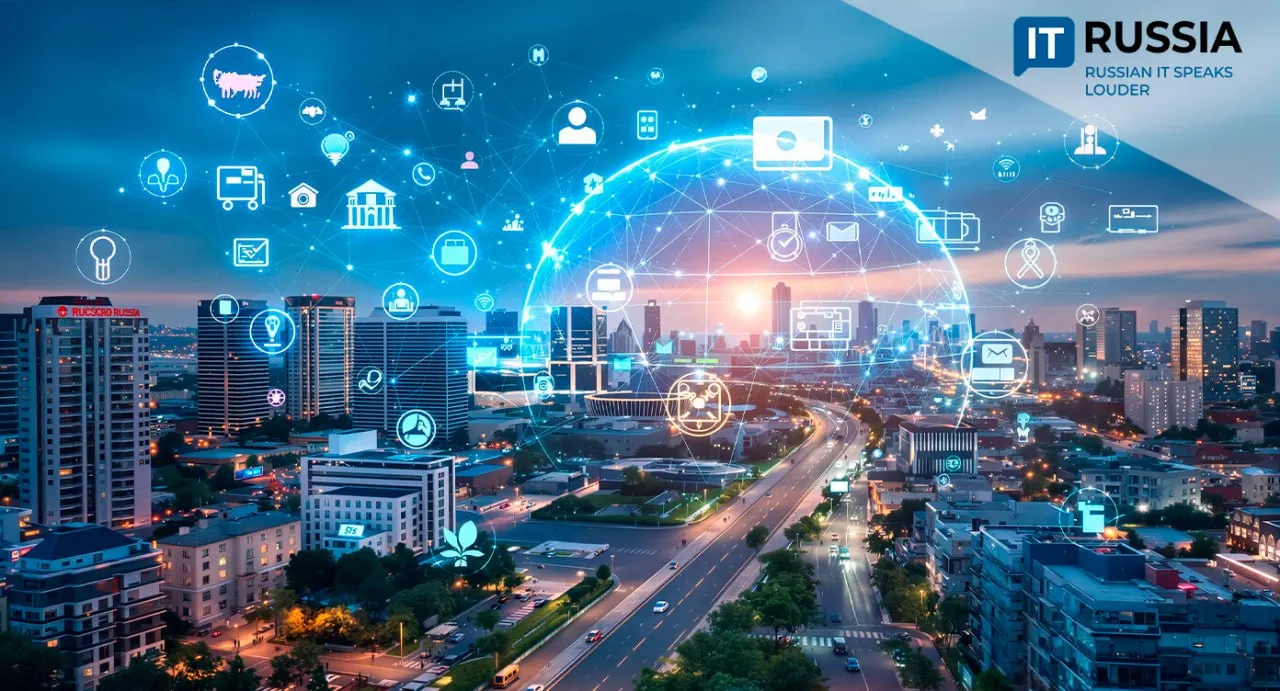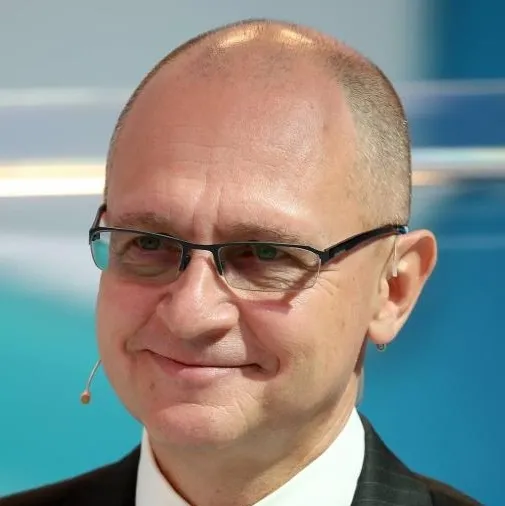Runet Generates Trillions
Russia has joined the global elite of digital powers, and its homegrown internet economy is now generating trillions of rubles — reshaping industries from retail to education.

Record-Breaking Growth
At the Russian Internet Forum (RIF-2025), which wrapped up on September 26, First Deputy Chief of Staff Sergey Kiriyenko announced that Runet’s economy surged by 40% in 2024, reaching 24 trillion rubles (about USD 287 billion).
By the end of 2025, the number could top 30 trillion rubles (around USD 360 billion), according to the ‘Runet Economy’ presentation delivered at the forum.
E-commerce is leading the charge, contributing 22 trillion rubles (USD 265 billion). Digital content, infrastructure, marketing, and advertising are also fueling growth. Behind the numbers lies a massive buildout of data centers and domestic cloud and telecom solutions, reshaping industries like retail, logistics, and education.

From Screens to Reality
Advertising budgets in Russia are shifting decisively toward digital, powered by AI-driven targeting. Marketing and advertising soared 53% last year to 1.23 trillion rubles (USD 15 billion).
Online shopping is thriving thanks to growing trust in local marketplaces and smarter logistics. E-commerce grew 39%, digital content jumped 53%, and infrastructure expanded 36%.
“Forget ‘information technology,’” says Yandex’s marketing chief Andrey Sebrant. “In the early internet, tech meant information. Today, digital services deliver real products and experiences.”

AI + Platforms = Acceleration
AI integration and digital ecosystems are turning Runet into a serious economic engine. In 2024 alone, platforms added 6.3 trillion rubles (USD 75 billion) to GDP, while their turnover hit 12 trillion rubles (USD 143 billion).
This includes giants like Rostelecom, Sber, Mail.ru Group, and Yandex — but also dozens of startups born in response to new challenges.
IT companies invested nearly 120 billion rubles (USD 1.4 billion) in fixed assets in Q1 2025. The fastest-growing areas are those relying most heavily on homegrown technologies.
Russia’s Digital Independence
“Today, all the companies that ensure the independence and sovereignty of the Russian internet are indeed Russian, legally registered here. Together, they form the country’s digital sovereignty — from e-commerce and video apps to educational platforms, messengers, and e-banking,” Kiriyenko stressed.

If current momentum holds, Runet’s share of GDP could top 10% by 2026, cementing the digital sector as a backbone of the national economy.










































